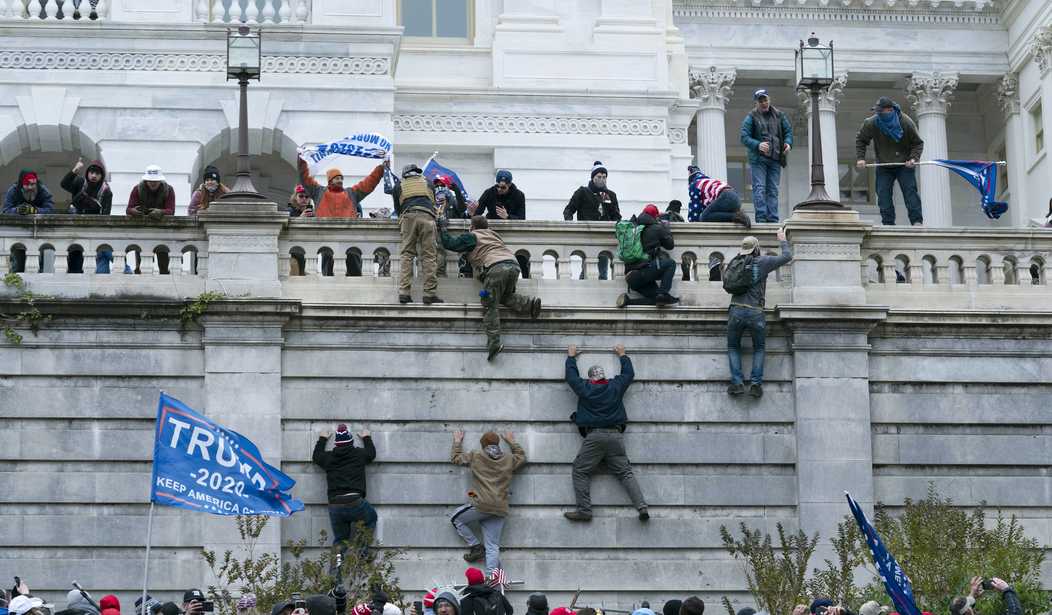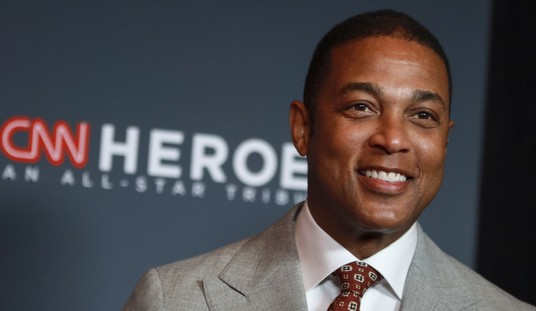The Supreme Court's ruling in Fischer v. United States was expected to have far-reaching implications. Now we are seeing those play out.
In late June, SCOTUS handed down a ruling regarding the requisite elements of one of the statutory charges the Department of Justice brought against many of the January 6 defendants.
In one of this term's most anticipated decisions, the Supreme Court has handed a major win to multiple defendants prosecuted in relation to January 6th. In a 6-3 decision delivered by Chief Justice John Roberts, the Court held that: "To prove a violation of §1512(c)(2), the Government must establish that the defendant impaired the availability or integrity for use in an official proceeding of records, documents, objects, or other things used in an official proceeding, or attempted to do so."
...
At issue in the case was whether 18 U.S.C. § 1512(c), which prohibits obstruction of congressional inquiries and investigations, includes acts unrelated to investigations and evidence, such as, for instance, the certification of an election.
Shipwreckedcrew subsequently gave us a detailed analysis of the ruling and what it might mean both for pending cases and those already resolved.
Fischer v. United States – A Tale of Two Readings: All May Not Be What It Seems
As Ship noted, while at first blush, the decision was a win for J6 defendants, there was reason to exercise caution — on remand, the DOJ could come back and try a second bite at the apple with more refined framing of the charge. (They've yet to do so in Fischer, for what it's worth.)
But there's been movement on the issue — both from the D.C. Circuit Court of Appeals and from the DOJ itself — in a promising direction.
On September 9, the D.C. Circuit vacated the convictions of 11 J6 defendants under § 1512(c)(2), including that of Guy Reffitt, who was convicted by a jury in March 2022.
WOW: Yesterday the DC appellate court vacated the 1512(c)(2) convictions of 11 J6 defendants including Guy Reffitt, the first J6ers convicted at trial.
— Julie Kelly 🇺🇸 (@julie_kelly2) September 10, 2024
What a total humiliation of the DOJ and 17 DC judges (including Pan) who allowed this wrongful prosecution to happen in the 1st… pic.twitter.com/uT0drbsM6Y
Not only that, but the DOJ has now dropped the obstruction charge in nearly half of the pending J6 cases, and declined to oppose motions to dismiss or vacate the charge in almost a third of the cases that were already adjudicated.
Since the ruling in Fischer v. United States, about 60 out of 126 defendants had their pending obstruction charges dismissed, according to DOJ data released last week, which significantly diminishes the threat of decades of jail time for the defendants.
Of the 133 defendants whose cases were already resolved before the Fischer decision, the DOJ indicated it “does not oppose dismissal or vacatur of the charge in approximately 40 cases” while it continues to assess the rest.
The DOJ’s recent data dump reflects the findings of a Washington Examiner investigation last month that uncovered a majority of 18 U.S.C. § 1512(c)(2) violations were being dropped before defendants head to trial. For many defendants, the charge amounted to the most severe violation they faced, as their cases otherwise featured lesser violations such as misdemeanor charges for trespassing or unlawful picketing.
Moreover, the DOJ continues to evaluate many of the remaining cases, so there may well be additional instances where the charges are dropped.
As a result of Fischer v. United States, 23-5572, the government continues to review the cases of the approximately 259 defendants who, at the time Fischer was decided, were charged with or convicted of violating 18 U.S.C. § 1512 to determine whether the charge should continue to be prosecuted.
- There are zero cases where a defendant was charged only for violating 18 U.S.C. § 1512. In other words, even if the government foregoes this charge, every charged defendant will continue to face exposure to other criminal charges.
- Of those 259 defendants, at the time that Fischer was decided, approximately 126 defendants had cases still pending in the U.S. District Court, and 133 defendants had their cases fully adjudicated.
- Of the 126 defendants with pending cases at the time that Fischer was decided, the government subsequently decided to forgo the Section 1512(c)(2) charge for approximately 60 defendants, will continue to pursue the charge for approximately 13 defendants, and continues to assess the remaining defendants.
- For the 133 defendants whose cases had been adjudicated by the time Fischer was decided (i.e., post-sentencing), the government has taken the position, in response to defense motions, that it does not oppose dismissal or vacatur of the charge in approximately 40 cases. The government similarly continues to assess the remaining cases when appropriate.
- To date, 1 defendant has received a sentencing reduction because of Fischer.
Notably, the DOJ has not dropped the obstruction charge against former President Donald Trump. Its superseding indictment still includes the § 1512(c)(2) charge.
With DC Case Back in Her Hands, Judge Tanya Chutkan Wastes No Time in Ruling
on Trump Motions to Dismiss
BREAKING: Jack Smith Files Superseding Indictment Against Donald Trump
in 2020 Election Case
Nevertheless, these recent moves by the D.C. Circuit and the DOJ are a positive development for many of the J6 defendants — and offer a glimmer of hope for others — that the most serious charge levied against them will no longer be pursued.















Join the conversation as a VIP Member